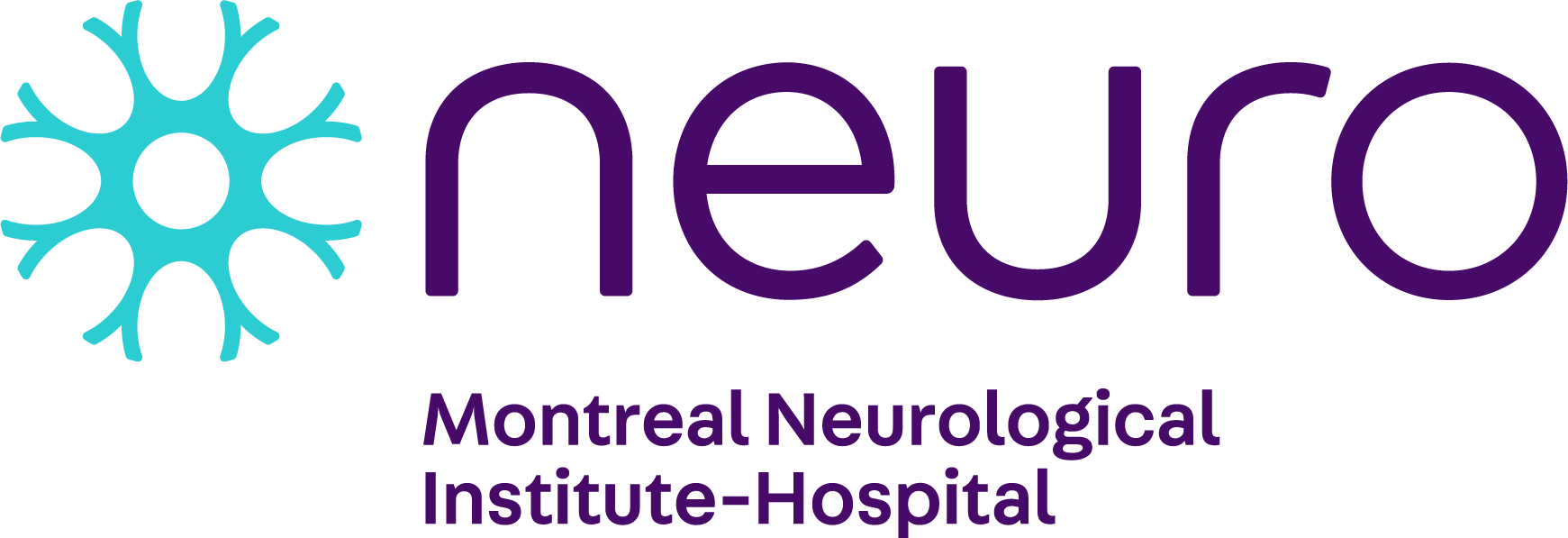Bert van Hoeijen was on a year-long sabbatical from his teaching job in Toronto when he started feeling that something was off. When the 46-year-old returned home from his travels, he was diagnosed with Amyotrophic Lateral Sclerosis (ALS), an aggressive neurodegenerative disorder that destroys motor nerve cells in the brain and spinal cord. Most of those affected will live only 2 to 5 years after diagnosis.
Bert and his husband Christopher went from planning the next 30 years of their lives together to facing a much sooner end. Like many individuals with a neurodegenerative disorder that has few treatment options, Bert searched for information about clinical trials.
“Right now there is not much neurologists can do treatment-wise for ALS patients. Participating in a trial gives me hope for a cure,” explains Bert.
The Neuro’s Clinical Research Unit - a unique resource
The Neuro is the only institution in Canada, and one of a handful worldwide, with a Clinical Research Unit (CRU) located in a neurological hospital. This combination allows patients to be followed closely by a multidisciplinary team of healthcare professionals and receive the most specialized care while enrolled in their trial.
The Neuro’s CRU can have a dozen ALS trials running at any given time. In fact, patients come to The Neuro from as far away as Vancouver and Newfoundland to participate in clinical trials. Bert now drives into Montreal from Toronto every few weeks for his appointments.
For some people the words “clinical trial’’ conjure up images from a suspense movie. The reality is very different. “Every trial comes with some risks, and they will be explained to you, but you're not a helpless guinea pig. You stay in total control of yourself. If you do not like it, you can stop at any time,’’ explains Bert, who now spends his time as an advocate for people living with ALS.
A Team in Your Corner

The clinical trials at the CRU take place in the exam rooms and offices at The Neuro. A typical day for Bert starts by meeting the clinical research coordinator who acts as his personal contact through the entire duration of the trial. “Every time, I receive a warm welcome and see everyone doing their best for me. When you have a terminal illness, feeling that people care makes a huge difference,’’ admits Bert.
After he gets a coffee, Bert begins a series of evaluations with different health professionals, starting with his physician. Bert has bulbar onset ALS, which begins by affecting speech and swallowing. His disease has progressed to the point that his husband often answers questions for him.
He then meets with a respiratory therapist who tests his lung capacity. Bert says that this moment always makes him nervous, since a quarter of people with ALS will die of respiratory failure. “The team at the CRU is very aware of this and do everything to make me feel as comfortable as possible,” he explains.
Later, a physiotherapist will perform a series of tests to evaluate whether his muscle strength and gait have remained stable. He will also have blood work done and vital signs monitored by a nurse. The information gathered from these tests is sent to the pharmaceutical company sponsoring the trial. As they collect information from participants in dozens of different centres in North America, they gather enough information to evaluate whether the medication is effective and safe.
After these assessments, Bert will be given his trial medication then wait for more monitoring to ensure that he doesn’t have any adverse reaction. For this particular trial, Bert’s study visit may last five to six hours, including waiting for blood test results and the preparation of his medication.
Participating in a trial is a commitment of time and energy. But the treatments we have today for debilitating and fatal neurological conditions are only available thanks to people like Bert who made the choice to take part. “Unfortunately, ALS took my voice and I can't teach anymore, but by participating in a trial, by helping research, I can still make a difference.”
��
For patients, joining a clinical trial��requires a few steps to make sure that they��fit the criteria of the trial. Throughout their journey, they are closely followed by a trial team.��
��





